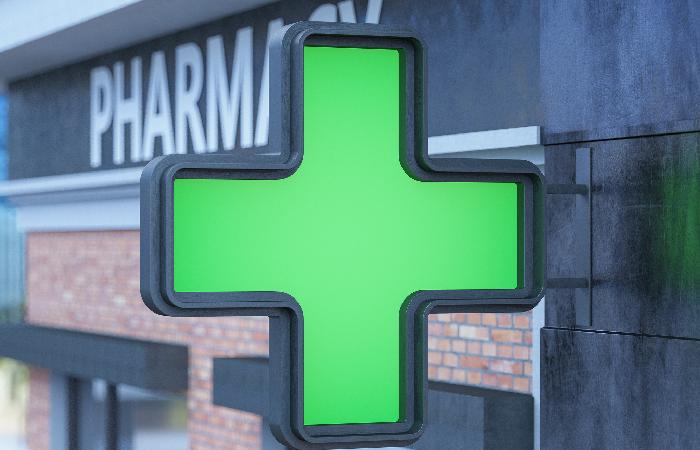Exclusive: Public increasingly confident using OTCs turn away from pharmacy?
In Health & NHS news
Follow this topic
Bookmark
Record learning outcomes
The public is increasingly assured in its use of OTC medicines, with nine in 10 now confident in using an OTC for a self-treatable condition (reports Rob Darracott).
However, there are signs of a “clear decline” in the numbers seeking advice and treatment from pharmacists as a first step, according to the 2024 Self Care Census from consumer healthcare association PAGB.
The report, which will be released tomorrow (July 24) on International Self Care Day, also suggests campaigns directing consumers to appropriate first ports of call may need to be stepped up, as A&E remains an immediate destination for some.
PAGB says it is clear that pharmacists are seen by many as a trusted information source (76 per cent), but only 52 per cent of those surveyed in 2024 would turn to a pharmacy first, compared to 60 per cent last year and 69 per cent in immediate post-pandemic 2022.
Of the adults surveyed in 2024, 17 per cent said they would rather go straight to a GP, further making our case for fully integrated primary care, PAGB says. The organisation is pushing for a campaign to widen knowledge about comprehensive primary care services, including Pharmacy First programmes.
PAGB says this year’s report, based on a Prospectus Global poll of more than 4,000 demographically representative UK adults, will ensure real world data is used to inform stakeholders about trends in attitudes and access to self care, contextualised by the state of primary care services.
The most common self-treatable conditions’ ranking is similar to last year. Over half of adults had at least one cold in the last 12 months; more than two-thirds had experienced three or more self-treatable conditions in that time.
The more common the condition, the more confident people feel in treating it themselves; 70 per cent of adults said they were confident treating a cold without support from a GP or pharmacist.
The fifth most common condition in the survey – backache – drove the most people to their GP. Some 10 per cent of all GP appointments reported by the survey group were for this symptom.
Outside the top 10, 56 per cent of adults said they would seek a GP appointment for a UTI, up 3 per cent on last year. This is in spite of the launch of Pharmacy First in England, which includes UTI in women aged 16-64 among its clinical pathways.
Confidence lower in young people
Confidence in practising self care is lower in young adults. Fewer than a third of 18-24-year-olds ‘strongly agree’ they would choose to treat themselves at home or seek advice from a pharmacy, compared with 44 per cent of those aged 65 and over.
The number of GP consultations that result in an OTC recommendation has risen too: 75 per cent of those who sought advice for a self-treatable condition were directed to use an OTC, up from 58 per cent last year. Directions to a pharmacist are also up: 32 per cent said this was the case for at least one of the conditions they experienced in the year.
The data supports the rapidly increasing need to prioritise self-care education and awareness of the full range of primary care services outside GPs and A&E, PAGB says, adding that the data corroborates last year’s Frontier Economics report, which suggested at least 25 million GP appointments and 5 million A&E attendances each year are used for self-treatable illnesses.
Some 77 per cent of adults agreed with the statement that people should take more responsibility for their own health to help ease the burden on the NHS. Some 73 per cent would trust health information from an OTC brand’s website, which PAGB says reinforces its case for the NHS and Government to work with OTC brands to share trusted OTC advice, including through a national “self care hub”.
Trend data from what is now an annual “census” of public opinion is used to support PAGB’s wider public affairs and influencing activity. The organisation earlier this week called for a Government plan to prioritise self care, while before the general election it argued for a re-evaluation of the criteria “restricting the potential for medicines reclassification”.

